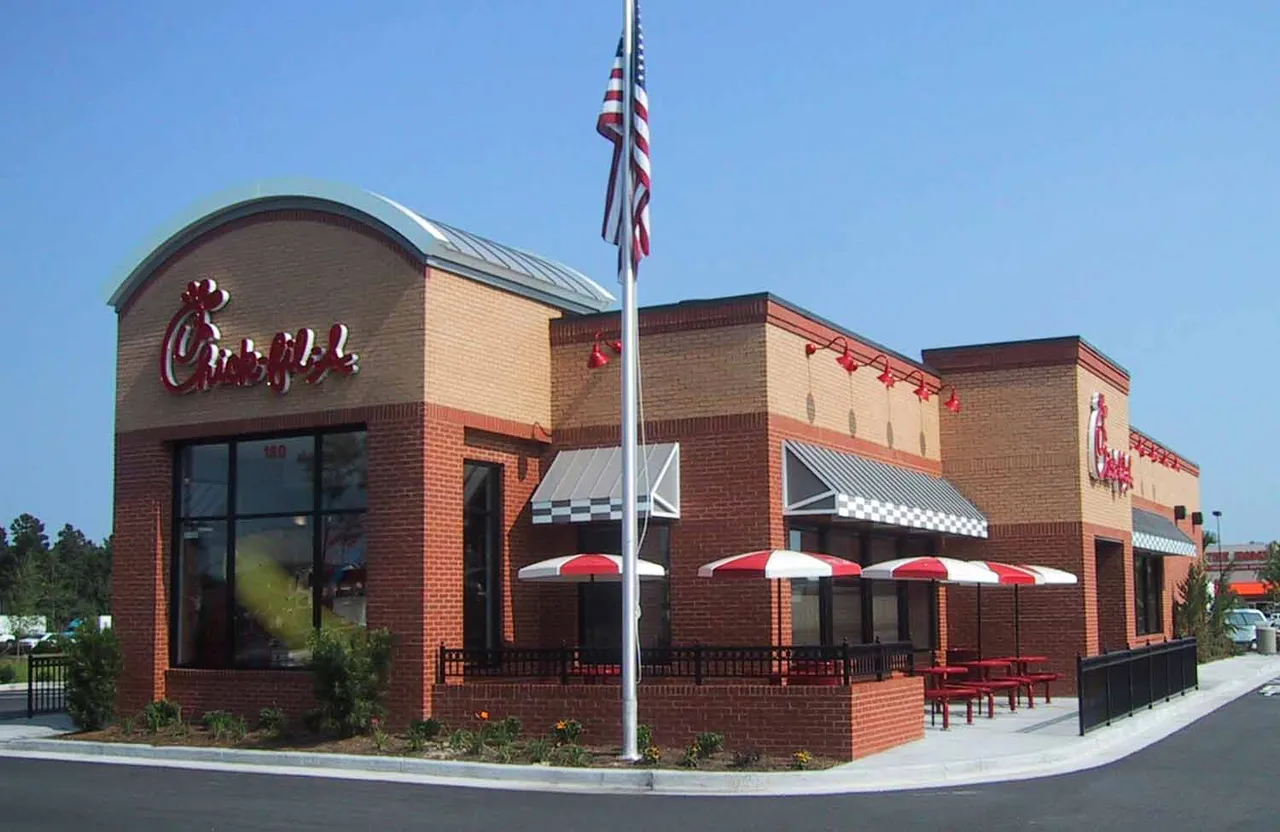@nziske asked, "Do you think that competition within our free market economy makes it stronger?"
An important factor in ensuring the quality of goods and services provided by American businesses is incentivization. If there is no incentive for a worker or manager to do their job efficiently, then the job will not get done efficiently. This is why goods and services provided by private businesses are virtually always better than those provided by businesses controlled by the state.
Could restaurants like Chick-fil-A exist in an economy without free market? I certainly don't think so based on Benjamin Powell's personal experiences in socialist countries (video at 23:50). What helped make Chick-fil-A so great was the competition with other restaurants pushing its leaders to make their restaurant stand out. They trained their employees to serve their customers kindly and efficiently and to make better food. Competition within a free market incentivizes businesses to provide quality goods and services.
However, whether competition within a free market makes it stronger is a slightly different question. If the question means stronger as in better than socialist economies, I think the answer is still yes. But if it means stronger as in more secure, I think the answer is more debatable.
On the one hand, competition within an economy ensures that businesses will strive for higher quality in hopes of being chosen over other businesses, so competition is certainly more secure in that sense. But what about the poor person who can't afford a college education yet but needs to get a sustainable job?
Within a socialist economy, this person would most likely be thrown into a monotonous job planned for him by the government and would receive little payment. But in a free market, this person would have more choices in terms of a place to work in a free market (e.g Walmart employee, McDonalds employee, mailman), but his future would be far less certain.
But his future would have more opportunity in a free market. He could try to start a small business, he could work a part-time job while going to a community college, or he could work at Chick-fil-A full time until he could afford to go to a university. I think the to answer @nziske's question depends on your answer to the following: is it better to have a secured job but without freedom or opportunity to grow, or to take risks and see where your opportunities take you?
